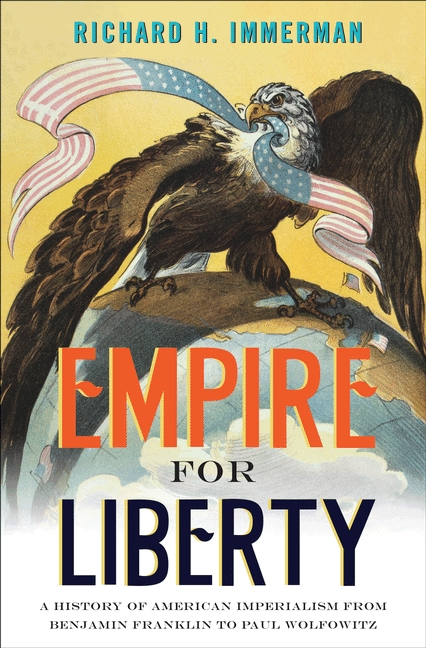


"This book distills the core insights of a long career into a single small volume that grabs the reader's interest from the first page and never lets go." - Jessica T. He is a regular reviewer for the New York Review of Books. Dunning Prize of the American Historical Association The Radicalism of the American Revolution, which won the Pulitzer Prize for History and the Ralph Waldo Emerson Prize The American Revolution: A History The Americanization of Benjamin Franklin Revolutionary Characters: What Made the Founders Different, which was a New York Times bestseller Empire of Liberty: A History of the Early Republic, 1789-1815 (OUP, 2009), which was a finalist for the Pulitzer Prize and winner of the American History Book Prize from the New-York Historical Society and Friends Divided: John Adams and Thomas Jefferson.

He is the author of many books, including The Creation of the American Republic, 1776-1787, which won the Bancroft Prize and the John H. Way University Professor and Professor of History Emeritus at Brown University. Way University Professor and Professor of History Emeritus, Brown University

Here is an immensely readable synthesis of the key era in the making of the history of the United States, presenting timely insights on the Constitution and the nation's foundational legal and political documents. Among other topics, he discusses slavery and constitutionalism, the emergence of the judiciary as one of the major tripartite institutions of government, the demarcation between public and private, and the formation of states' rights. In concise form, he illuminates critical events in the nation's founding, ranging from the imperial debate that led to the Declaration of Independence to the revolutionary state constitution making in 1776 and the creation of the Federal Constitution in 1787. Wood distills a lifetime of work on constitutional innovations during the Revolutionary era. In this new book, eminent historian Gordon S. The results of these issues produced institutions that have lasted for over two centuries. During these decades, Americans explored and debated all aspects of politics and constitutionalism-the nature of power, liberty, representation, rights, the division of authority between different spheres of government, sovereignty, judicial authority, and written constitutions. The half century extending from the imperial crisis between Britain and its colonies in the 1760s to the early decades of the new republic of the United States was the greatest and most creative era of constitutionalism in American history, and perhaps in the world. Wood elucidates the debates over the founding documents of the United States. New York Times bestseller and Pulitzer Prize-winning author Gordon S.


 0 kommentar(er)
0 kommentar(er)
